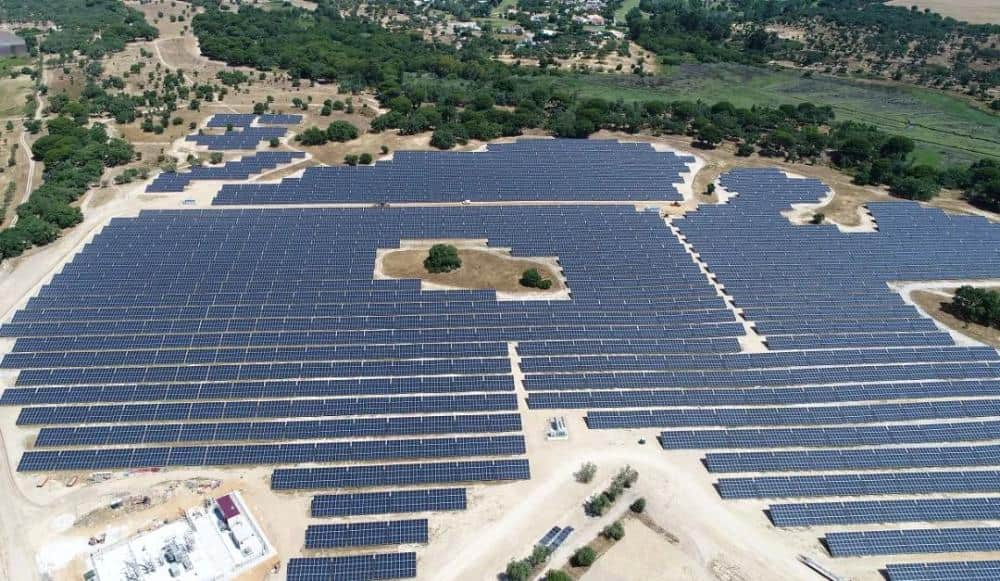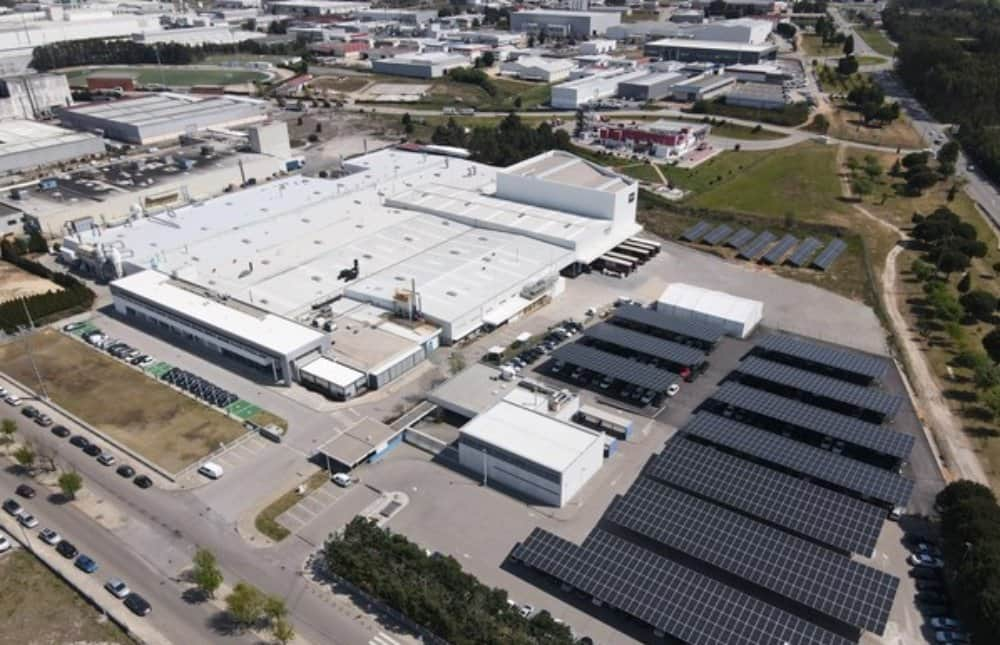Portugal Solar New Deal!
 namkoo solar
namkoo solar
In order to promote the development of renewable energy in Portugal, the Portuguese government has launched a package of policy support to reduce the environmental assessment of solar projects.
According to the plan, solar projects with an area of less than or equal to 100 hectares that need to install components and inverters will no longer require mandatory environmental assessments.
For solar projects with an area of less than 15 hectares and a distance of at least 2 kilometers from a solar power station of more than 1MW, which need to be connected to the grid through 60 kV (or lower) lines and extend a distance of less than 10 kilometers, case by case studies will also be cancelled.

Ant ó nio Costa, Prime Minister of Portugal, said that most of the package of measures will take effect on March 1, 2023, aiming to reduce the bureaucracy of renewable energy projects and support Portugal to achieve the target of 80% renewable energy power generation by 2026.
"We plan to accelerate the energy transformation and economic decarbonization, accelerate the circular economy, and reduce the daily bureaucratic practices of the public administration."

This is not the first time this year that the Portuguese government has exempted environmental impact research to stimulate the development of solar projects. In March, Portugal did the same for solar photovoltaic projects below 50MW, which provided support for reaching the target of 80% renewable energy by 2026.
In the first half of this year, as a result of this measure, Portugal's installed photovoltaic capacity exceeded that of 2021. As of July 31, 2022, 578MW of solar PV has been added.
In addition, in some cases, environmental assessment will no longer be required when replacing project equipment or changing installed capacity.
Green hydrogen projects will also be included in new measures to reduce bureaucracy, and the environmental assessment of these projects will be exempted to increase production. Portugal expects that the electrolytic capacity will reach 2GW by 2030.
Another measure that can reduce the bureaucracy of renewable energy projects is to eliminate the need for renewal of 10-year environmental permits.



































